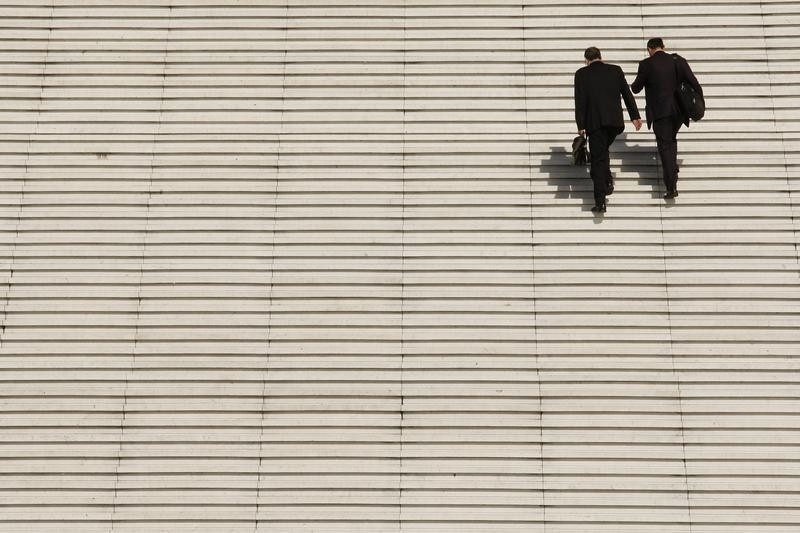Headline: Chinese Exporters Brace for Potential US Tariff Hikes as Elections Loom
As the U.S. presidential election approaches, Chinese exporters are preparing for potential disruptions. Faced with the possibility of President Donald Trump being re-elected and imposing a 60% tariff on Chinese goods, companies like KidKraft are striving to reduce their dependence on the Chinese supply chain. KidKraft, a toy and outdoor play equipment manufacturer, has moved 20% of its production to Vietnam, India, and other countries since tariffs ranging from 7.5% to 25% were introduced in July 2018.
Mike Sagan, KidKraft's Vice President of Supply Chain and Operations, stated that the company has reduced its number of Chinese suppliers from 53 to 41 earlier this year. He anticipates that if Trump is re-elected, the firm will halve its Chinese supply chain within a year. Sagan also noted that a victory for Kamala Harris would result in a less aggressive stance, though trade conflicts with China would persist.
The potential increase in tariffs is causing concern in China's industrial sector, which exports over $400 billion worth of goods annually to the U.S. Of the 27 Chinese exporters interviewed who have significant sales in the U.S., 12 plan to accelerate relocation processes if Trump is re-elected. Four other exporters are considering opening factories abroad, while the remaining 11 express concern over losing access to the U.S. market.
Matt Cole, co-founder of m.a.d Furniture Design, shared his worries over the impact of higher tariffs, indicating that if Trump wins, they would move production to the U.S. to buy time to establish other manufacturing bases.
Tariffs have facilitated Southeast Asia's emergence as an alternative assembly point for products bound for the U.S. However, they have had limited impact on China's economy and the country has increased its share of global manufacturing. This growth is attributed to President Xi Jinping's economic strategy of redirecting loans from the real estate sector to factories.
Zeng Zhaoliang, president of Guangzhou Liangsheng, which sells stoves to the U.S., expressed that a 60% tariff would be unsustainable for businesses. Likewise, Lance Ericson, president of GL Wholesale, began looking for suppliers in other countries after losing 40% of his business due to tariffs.
The threat of higher tariffs is prompting other sectors to consider overseas expansion in response to global shifts, not just for the U.S. market. Cheng Xinxian, an executive from Hangzhou Yongyao Technology, mentioned setting up factories abroad in preparation for these changes.
Economists predict that a 60% tariff could be implemented by mid-2025 at the earliest, potentially reducing China’s growth by 0.4 to 0.7 percentage points next year. Beijing might counter with stimulus measures, export controls, and a weaker currency, though these actions carry their own risks.
Many exporters hope that Trump would soften his approach if re-elected. Yang Qiong, an executive from Chongqing Hybest Tools Group, announced plans to expand in Vietnam if Trump wins, but indicated they would maintain the status quo if Harris assumes office.


